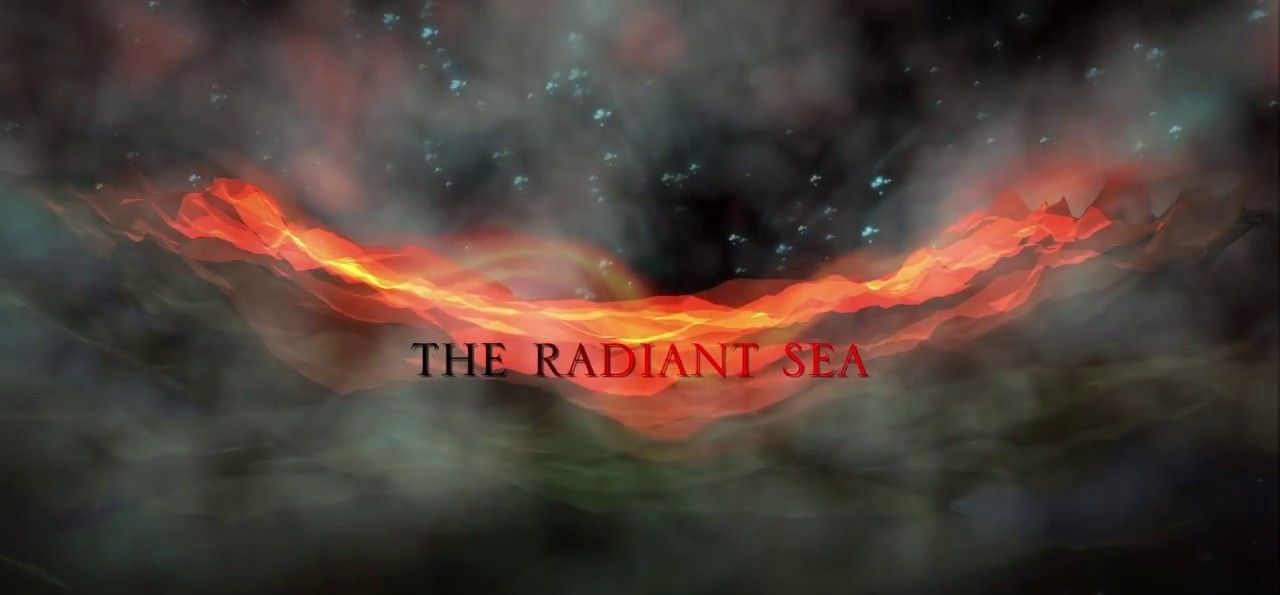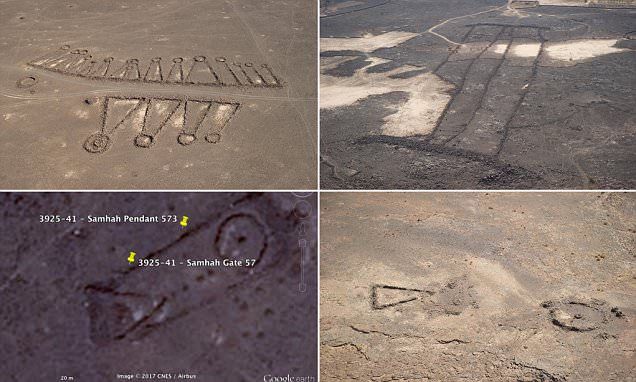
In June, several dozen scientists flew to Big Sky, Montana, to discuss the latest in CRISPR research. They had a lot to talk about, given that CRISPR—a tool that allows scientists to cut DNA to disable genes or insert new ones—is currently the hottest topic in biology, mentioned in the same breath as pronouncements like “changing the world” and “curing humanity of disease.”
On the second day in Big Sky, a Japanese researcher named Osamu Nureki got up to play a short movie clip. “I was sitting in the front, and I just heard this gasp from everyone behind me,” says Sam Sternberg, who worked in the CRISPR pioneer Jennifer Doudna’s lab at the University of California, Berkeley. It was, he says, the biggest reaction to data he’s ever seen at a conference.
Nureki’s paper was published in Nature Communications Friday, and by early morning, the video that astonished the room in Big Sky was making the rounds on science Twitter, too. I watched it, still bleary-eyed from sleep, and I jolted awake immediately.
Read more








